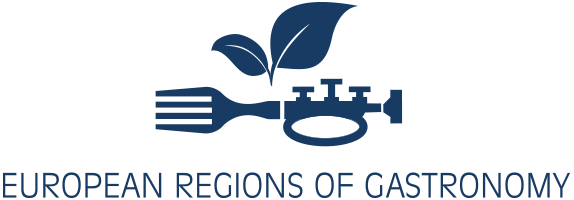On 26 November, Roberta Garibaldi, member of IGCAT Board and Scientific Director of East Lombardy – European Region of Gastronomy 2017, intervened in the 10th Gastronomic Tourism Conference which took place in Athens. Starting with an introduction on main current gastronomic trends, she then presented the European Region of Gastronomy project and its coordinating body IGCAT (Institute of Gastronomy, Culture, Arts and Tourism), finally focusing on East Lombardy – European Region of Gastronomy 2017 case history.
The Conference was hosted on 26-27 November in Athens Technical School and brought together members of the international academia and professionals belonging to the tourism industry. The event, patronised by the Greek Ministry of Tourism, Rural Development and Food, GTO – Greek Tourism Organisation and UNESCO work group for Piraeus and Islands had two different focuses.
On the first day, a more academic approach was adopted, with discussions concerning present and future of food and wine tourism, its meanings and definitions, education in this field and PDO/PGI certified food products. The second day was characterised by a more practical focus, considering food and wine tourism as a vehicle for economic development, outlining a gastronomic map of Greece, examining the overall situation of Greek gastronomy outside and inside the country, and debating on gastronomic tourism marketing.
The European Region of Gastronomy Platform and Award aim to contribute to better quality of life in European regions, by highlighting distinctive food cultures, educating for better health and sustainability and stimulating gastronomic innovation. Candidate regions are invited to join a knowledge-exchange platform of European regions in order to further cross-border collaborations and develop shared initiatives. IGCAT (International Institute of Gastronomy, Culture, Arts and Tourism) organises the award with the support of European institutions. It is an international network of experts that aim to guide, facilitate and support leaders in cities, regions and cultural projects to understand the potential of their distinct food, culture, arts and sustainable tourism assets.

